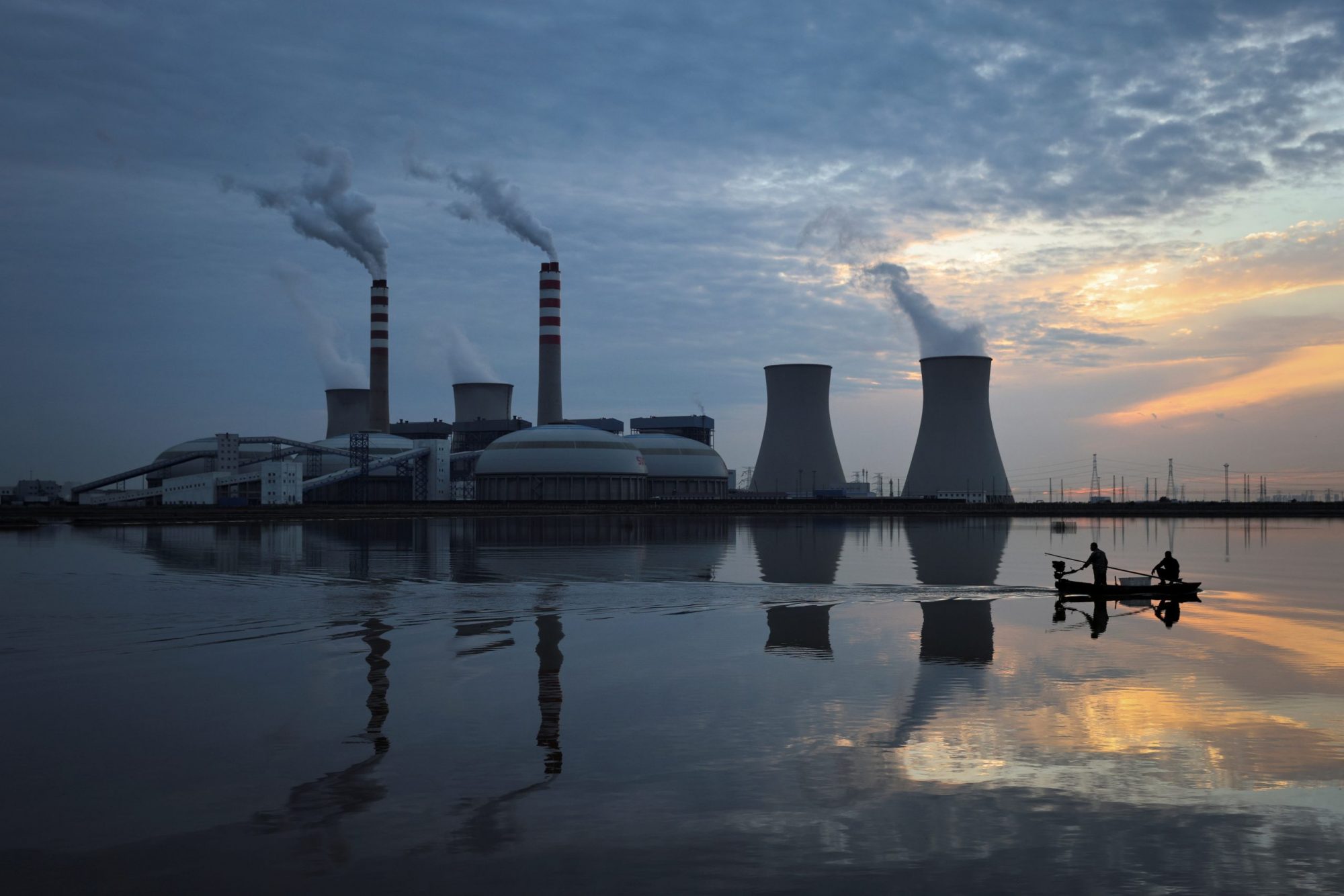The world is facing one of the most significant energy crises in decades, with rising fuel prices, supply shortages, and geopolitical disputes reshaping the global energy landscape. Europe and Asia are at the epicenter of this crisis, struggling to secure reliable supplies of natural gas, coal, and oil while simultaneously accelerating their transition to renewable energy. The situation has sparked political debates, disrupted economies, and fueled concerns about social stability. From households struggling with soaring utility bills to governments grappling with energy security, the global crisis underscores how deeply energy is intertwined with both politics and everyday life.
The Roots of the Crisis
Several factors have converged to create the current energy emergency. First, the lingering effects of the pandemic disrupted supply chains and created an imbalance between energy demand and availability. As economies reopened, demand surged at a faster pace than production could match. Second, geopolitical conflicts, particularly in Eastern Europe, have strained global fuel supplies and highlighted the dangers of relying heavily on a few key exporters.
Climate policies have also played a role. While nations push to cut carbon emissions, many traditional energy sources are being phased out faster than renewable alternatives can replace them. This imbalance has created volatility in global markets, leaving countries scrambling for immediate solutions.
Europe’s Energy Struggles
Europe has been hit hardest by the crisis due to its heavy dependence on imported natural gas. With reduced supplies from major exporters, countries like Germany, France, and Italy are facing challenges in powering industries and heating homes. Governments have implemented emergency measures such as energy rationing, subsidies for households, and even reopening coal plants previously retired for environmental reasons.
The crisis has also exposed vulnerabilities in the European Union’s long-term climate strategy. While the bloc has made significant progress in promoting green energy, the lack of a stable backup system has left it vulnerable to sudden disruptions. Political divisions have emerged as member states debate how to balance immediate energy needs with long-term sustainability goals.
Asia’s Growing Demand and Challenges
In Asia, the situation is equally complex but driven by different dynamics. Rapidly growing economies like China and India are consuming more energy than ever before. Rising urbanization, industrial expansion, and increased demand for electricity have put enormous pressure on already strained energy systems.
China has accelerated coal production to meet domestic demand, raising concerns about global climate commitments. India, too, has turned to coal imports to avoid power blackouts, while Japan and South Korea are investing heavily in liquefied natural gas to reduce reliance on unstable sources. These moves highlight the difficulty of balancing economic growth with environmental responsibility in the region.
Geopolitical Consequences
The energy crisis has become a defining element of global geopolitics. Countries rich in natural resources, such as Russia and Middle Eastern states, have gained greater influence in international negotiations. Energy-dependent nations, by contrast, find themselves in vulnerable positions, forced to make strategic compromises to secure stable supplies.
The crisis has also pushed nations to diversify partnerships. Europe is expanding ties with African energy producers, while Asian countries are negotiating long-term deals with suppliers in the Middle East. These shifts are reshaping alliances and could redefine global power balances in the coming decades.
Impact on Households and Businesses
For ordinary citizens, the crisis translates into skyrocketing energy bills and rising costs of living. Families across Europe and Asia are facing difficult choices between paying for heating, transportation, or food. Businesses, particularly energy-intensive industries like manufacturing and transport, are reporting losses and in some cases shutting down operations.
The ripple effects extend to global markets, with inflationary pressures driving up the costs of goods worldwide. Energy insecurity has become a central concern for both policymakers and consumers, reinforcing the urgency of finding sustainable solutions.
The Push for Renewable Alternatives
Despite the immediate reliance on fossil fuels, the energy crisis is also accelerating the global push for renewable energy. Governments are investing heavily in solar, wind, and nuclear power to reduce dependency on volatile markets. In Europe, new legislation aims to speed up the adoption of green energy projects, while in Asia, countries like India are scaling up solar power capacity at unprecedented levels.
However, the transition remains a long-term endeavor. Infrastructure, technology, and financial barriers continue to slow progress, raising questions about whether renewable solutions can arrive fast enough to address the current emergency.
FAQs
What caused the current global energy crisis?
The crisis was caused by a combination of post-pandemic demand surges, geopolitical conflicts that disrupted supplies, and the imbalance between phasing out fossil fuels and the slow growth of renewable energy infrastructure.
Why is Europe particularly vulnerable?
Europe relies heavily on imported natural gas and has limited domestic resources. Supply disruptions have forced governments to adopt emergency measures, including subsidies and rationing.
How is Asia handling the crisis?
Asia is increasing coal production and imports, investing in liquefied natural gas, and expanding renewable energy projects to meet rising demand.
What are the economic consequences of the crisis?
Households face higher utility bills, businesses struggle with increased costs, and global inflation is rising due to higher energy prices.
Is the crisis speeding up renewable energy adoption?
Yes, governments worldwide are fast-tracking renewable energy projects, but infrastructure and technological limitations mean that fossil fuels remain essential in the short term.
Conclusion
The global energy crisis is more than an economic challenge—it is a political, social, and environmental turning point. Europe’s dependency on imports and Asia’s growing demand highlight the vulnerabilities of current energy systems. At the same time, the crisis underscores the need for a faster and more coordinated global transition to renewable energy.
While immediate measures may rely on fossil fuels to prevent blackouts and economic collapse, the long-term solution lies in diversifying energy sources and reducing dependence on volatile markets. The crisis serves as a stark reminder that energy security is not only about powering homes and industries but also about shaping global stability, economic resilience, and environmental sustainability.

Leave a Reply